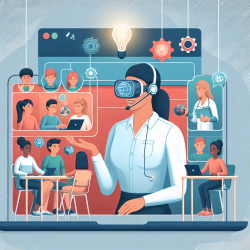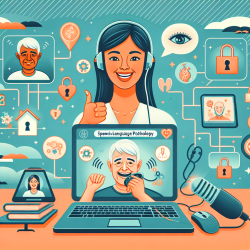The growing Burmese refugee population in the United States presents unique challenges and opportunities for health care providers. As one of the largest refugee groups resettled in the U.S., Burmese patients often face significant barriers to accessing quality health care. A recent workshop titled "Working With Burmese Patients: Understanding Historical and Cultural Contexts to Improve Health Care Access and Health Status" offers valuable insights for practitioners looking to improve their cultural competence and provide better care to this community.
Understanding the Historical and Cultural Context
Burmese refugees have been migrating to the United States since 2008, primarily due to religious, political, and economic oppression. The country of Burma is home to over 100 different ethnic groups, each with its own unique cultural identity. This diversity requires health care providers to have a nuanced understanding of their patients' backgrounds to deliver effective care.
The workshop developed by medical students and faculty at Albany Medical College emphasizes the importance of recognizing these cultural nuances. It provides an overview of the major conflicts that led to the displacement of Burmese citizens and highlights common health issues faced by this population both in refugee camps and after resettlement in the U.S.
Key Barriers to Health Care Access
Burmese patients often encounter multiple barriers when accessing health care services in the United States. These include:
- Linguistic Challenges: Many Burmese refugees have limited English proficiency, making it difficult to navigate the complex medical system without appropriate translation services.
- Lack of Health Literacy: Limited understanding of the U.S. health care system can lead to low satisfaction with medical services and poor health outcomes.
- Poverty: With a poverty rate twice that of the national average, many Burmese refugees struggle to afford necessary medical care.
The workshop addresses these issues by providing practical strategies for overcoming these barriers, such as advocating for better translation services and increasing awareness of available resources within the community.
Improving Practitioner Skills
The workshop's interactive format, including case studies and pre- and post-evaluation surveys, has proven effective in increasing participants' knowledge and confidence in providing culturally responsive care. Attendees reported a significant increase in their understanding of the specific needs of Burmese patients and identified areas where they could advocate for improved services within their own practices.
The success of this educational module highlights the importance of continued research and training focused on refugee populations. Practitioners are encouraged to seek out further opportunities for learning about cultural competence and to apply these insights in their daily interactions with patients.










